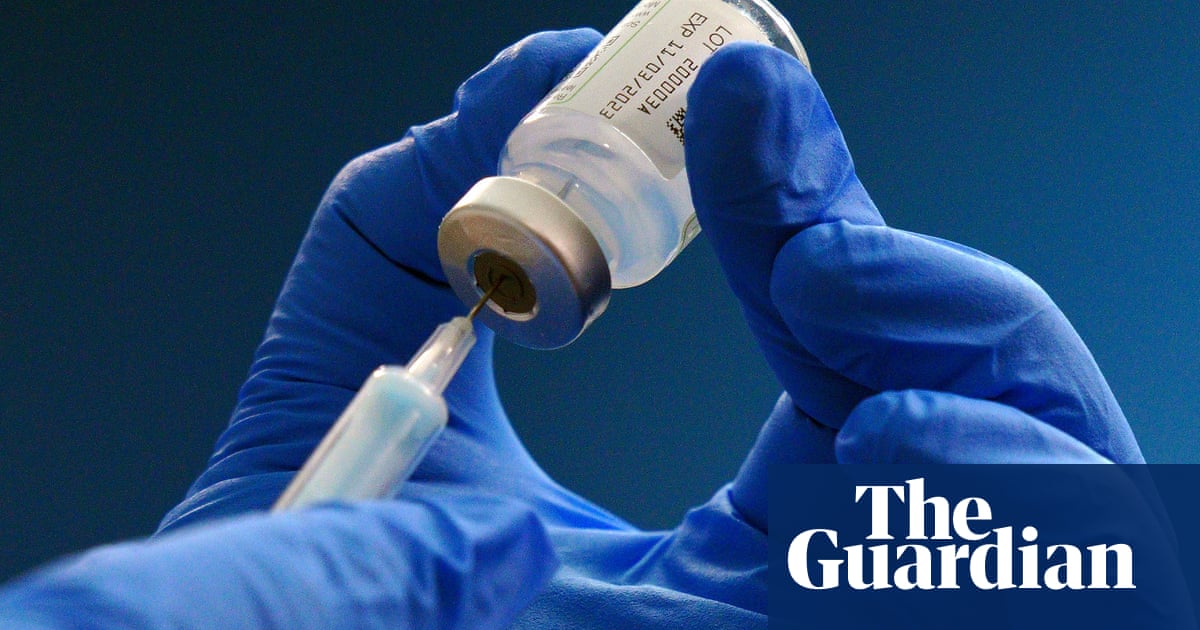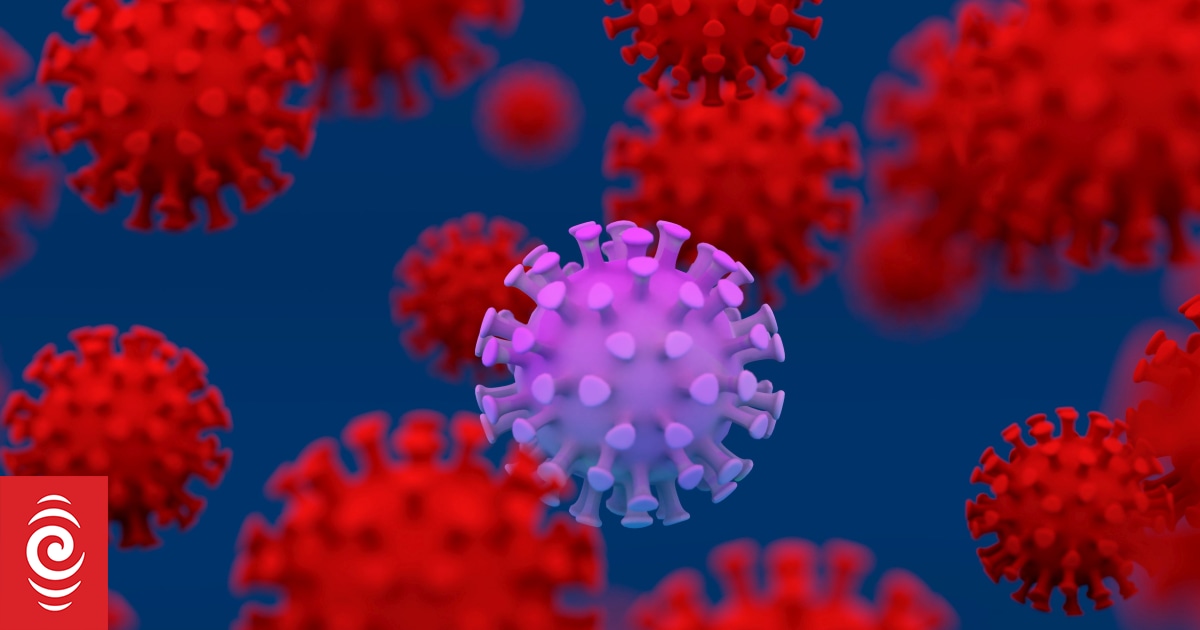Yommie
SpeedLimited
- Oct 2, 2013
- 64,174
- 37,188
- Country of Origin

- Country of Residence

- Thread starter
- #301
N.B's COVID-19 hazard index highest in Canada, says research group, as virus kills 2 more
COVID activity remains moderate, flu activity down slightly, province's Respiratory Watch says

Bobbi-Jean MacKinnon · CBC News · Posted: Feb 21, 2024 10:46 AM EST | Last Updated: 1 hour ago

New Brunswick has the worst COVID-19 hazard index in Canada at 16.0. The next highest is Manitoba at 12.8, while Quebec has the lowest at 6.1. (COVID-19 Resources Canada)
New Brunswick's COVID-19 hazard index is the highest in the country and more than double the national average, according to researchers analyzing COVID data from across Canada, as the provincial government reported two more deaths from the virus and a week-over-week increase in hospitalizations.
The province's COVID-19 forecast for Feb. 17 to March 2 is 16, or "severe," data from COVID-19 Resources Canada shows.
Canada's score is 7.6, or "very high."
Both are decreasing, Tara Moriarty, co-founder of the group, posted on social media.
The hazard index is calculated from three equally weighted categories: mortality, current infections and spread, and health-care system impact.
Estimated 1 in 20 infected
About one in every 20 New Brunswickers is infected, said Moriarty, an associate professor at the University of Toronto.Across Canada, an estimated one in every 47 people are infected.
Compared to lowest point of pandemic in Canada, New Brunswick infections are about 26 times higher, Moriarty said.
Hospitalizations are about eight times, deaths are about 22 times higher, and long COVID, about 15 times higher.
Nationally, COVID infections are currently about nine times higher than the lowest point of the pandemic, hospitalizations, about five times higher, deaths, about 13 times higher, and long COVID, eight times higher.
COVID hospitalizations increase nearly 41%
COVID-19 activity remains moderate, according to the province's Respiratory Watch report, released Wednesday instead of Tuesday, because of the long weekend."Most indicators (number of cases, percent positivity and number of outbreaks) decreased during the current reporting period," Feb. 4 to Feb. 10, it says.
CBC has requested an interview with Dr. Yves Léger, the province's acting chief medical officer of health.
The two New Brunswickers who died from COVID-19 during the reporting week were both aged 65 or older.

There were 31 New Brunswickers hospitalized Feb. 4-10, raising the total to 1,280 since the respiratory season began on Aug. 27. (CBC)
Their deaths raise the pandemic death toll to at least 1,011. The actual total is unclear because the province has counted only people who die in hospital as COVID deaths since September.
Thirty-one people have been newly admitted to hospital for or with COVID during the reporting week, according to the Respiratory Watch report. That's a nearly 41 per cent increase from the 22 people hospitalized in the previous report.
Four people required intensive care, down from five.
3 youths hospitalized
Among those hospitalized are two children under age four and a youth aged five to 19.The others include three people aged 20 to 44, four aged 45 to 64, and 21 aged 65 or older, the report shows.
Two COVID outbreaks have been confirmed by lab tests, both in nursing homes, down from eight.
There has also been a decrease in new COVID cases confirmed through PCR (polymerase chain reaction) lab tests, at 76, compared to 86. The province has limited PCR tests since April to people with a referral from a health-care provider, and for whom the result will directly influence their treatment or care.
The positivity rate — the percentage of PCR lab tests performed that produced a positive result — has dropped to six per cent, from seven per cent.
A total of 143,494 COVID-19 XBB.1.5 vaccines have been administered since since Oct. 4, according to figures from the Department of Health.
No flu deaths, 11 hospitalizations
No deaths from the flu were reported between Feb. 4 and Feb. 10, according to the Respiratory Watch report, but the virus sent 11 people to hospital, including a child under four and a youth aged five to 19.The other people hospitalized include two aged 20 to 44, one aged 45 to 64, and six aged 65 or older.
One person required intensive care, the one aged 45 to 64.
The previous week, 12 people were hospitalized and none were admitted to ICU.
"Influenza activity slightly decreased" during the reporting week, the report says.
Two lab-confirmed outbreaks have been reported, the same number as the previous week. One is in a nursing home and one in a facility described only as "other."
5 schools report 'influenza-like' outbreaks
Five schools have "influenza-like illness" outbreaks, down from six. No information, such as the names of the schools, the number of cases and whether it's students or staff affected, has been released.School outbreaks are based on 10 per cent absenteeism in a school because of influenza-like illness symptoms, the report says.
There have been 93 new flu cases confirmed by lab tests, with a positivity rate of eight per cent. That's down from 102 cases and a positivity rate of nine per cent.
The breakdown of the new cases includes 58 influenza A (unsubtyped), seven influenza A (H1N1) pdm09, and 28 influenza B.
These raise the total to 2,437 since the start of the respiratory season on Aug. 27.
There have now been 217,519 New Brunswickers vaccinated against the flu this season, the Department of Health says.









